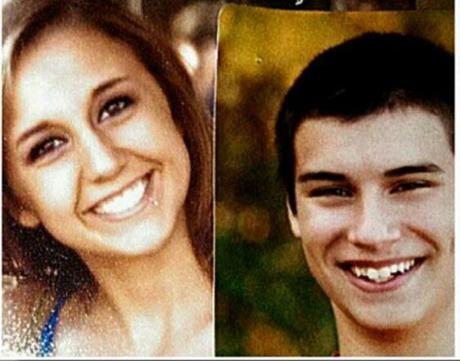
Image from http://www.startribune.com
As a resident of Minnesota myself, I found it interesting to hear the story of two teenagers, Nick Brady and his cousin Haile Kifer, both of whom broke into Byron Smith’s home and were shot and killed by Smith. Superficially, the case is already murky and open to controversy by political commentators. However, the case is further muddied by the fact that Kifer was high enough on marijuana to have hallucinations. Consequently, it is possible that the defense will argue that Kifer was acting out of her mind, intoxicated to be exact.
On the one hand, some may argue that Smith went too far after firing even after the teenagers were no longer threats, even describing his final, third shot at Brady as “a good, clean finishing shot.” On the flipside, it is perfectly legal, and in my opinion with good reason. An individual should never have to fear for his life during a break-in, inherently an intensely worrisome situation. Nonetheless, this part of the issue is not up for debate due to its legal status in Minnesota.
In contrast, the possible line of debate lies within the fact that Kifer was high enough on marijuana to have been intoxicated. There are, however, several flaws with this line of reasoning. For one, it would make more sense if she were acting alone, but her acting with her sober cousin betrays any reasonable argument that she was completely insane. That is, her sober cousin could have, and should have, stopped her. The only slightly more reasonable explanation lies in if her sober cousin were the perpetrator who manipulated her into breaking into Smith’s home, though this is also illogical given that many are high and a disproportionately smaller number are seen being easily manipulated into breaking into one’s house. In this case, the “but everyone does it” argument works in reverse!
Regardless, is “intoxication” even a valid excuse? In my opinion, never. People throughout their lives are educated about the negative possibilities of becoming too intoxicated, and it is therefore one’s responsibility if they end up doing something punishable by law during intoxication. In other words, it’s one’s personal choice to do drugs, and one should both realize and face up to any consequences. Secondly, suppose it were valid to claim intoxication all the time. Then couldn’t any random individual simply invade my house and claim intoxication later? Imagine, worse yet, if legally all I could do was run away from the intoxicated individual, who by the way might have a gun. That seems completely ludicrous to me! Finally, as stated previously there are very simply “n” amount of people who do get highly intoxicated, and not all “n” of them end up breaking into people’s houses, so the implication that intoxication caused it and thus lessens the negativity is not complete.
The final question, though, is if the teenagers deserved it. Certainly I have absolutely no sympathy for them, but ideally no, they shouldn’t have died. However, it is important to know that Byron Smith feared for his life, as he believed that thieves who had previously broken in and taken a gun would come back.
In any case, the case brings up multiple issues of debate, including those ranging from the legal process, marijuana, and gun control.

